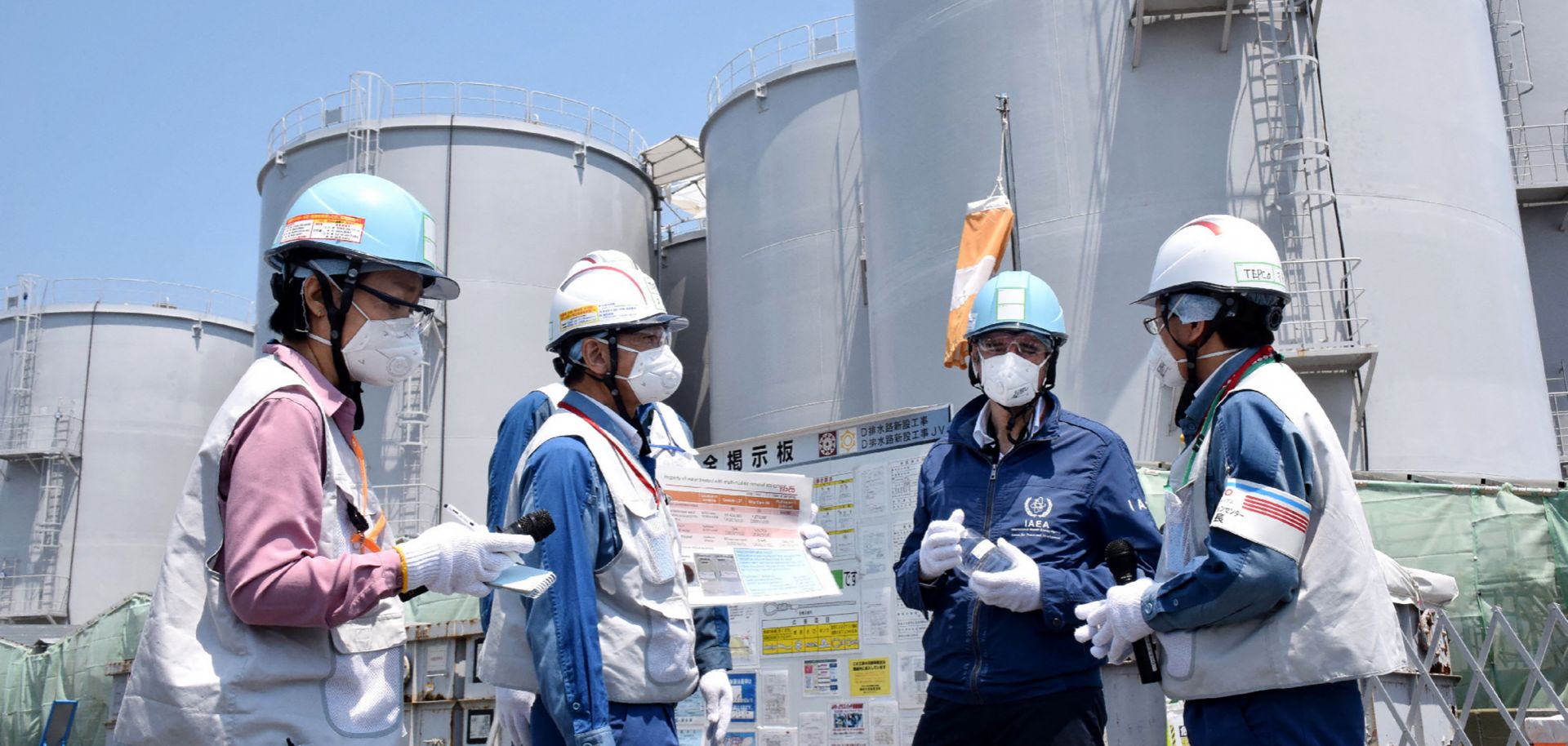Japan's re-embracement of nuclear power will improve the country's energy security in the long run and help it more easily achieve some of its climate goals. But the country will still face immediate challenges from its post-Fukushima cumbersome security review process and the unproven nature of more advanced nuclear technologies. On Dec. 22, the Japanese government adopted a 10-year energy plan to boost the country's beleaguered nuclear power sector, reversing a decade-long policy that has seen Tokyo reduce the country's use of nuclear power and, at one point, promise to eventually phase out the energy source completely. Under the new plan, the Japanese government aims to ''maximize'' the use of its existing reactors by restarting as many of the country's 54 nuclear reactors as possible. In addition, the plan envisions Japan developing and constructing ''next-generation innovative reactors'' to replace those that are set to be decommissioned. Japanese Prime Minister Fumio...

